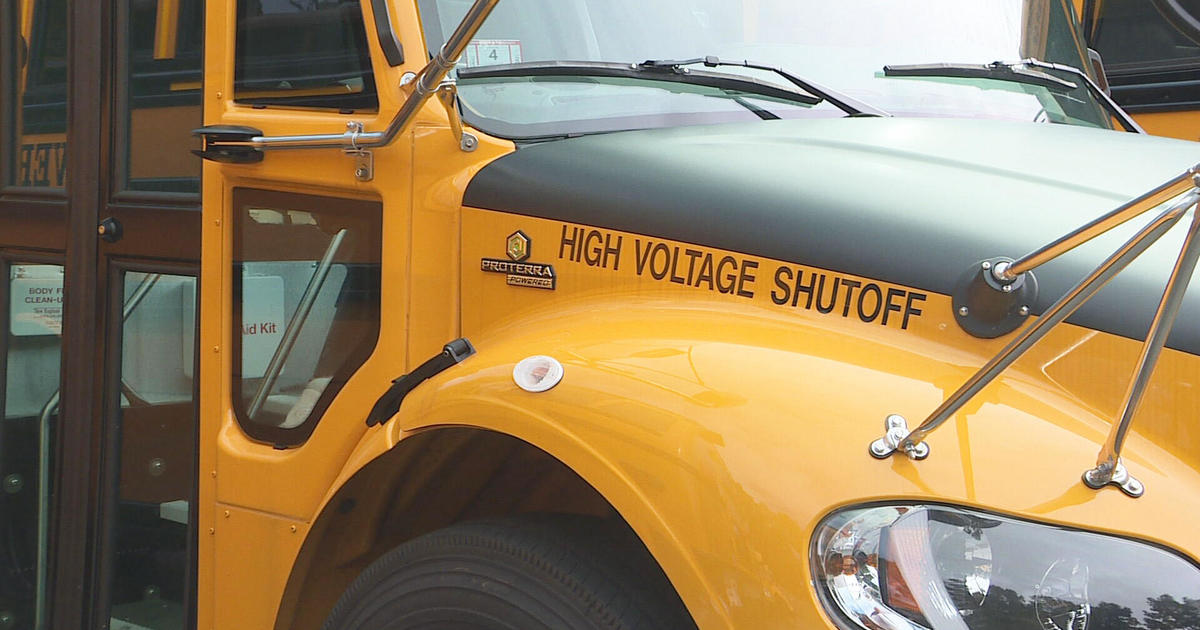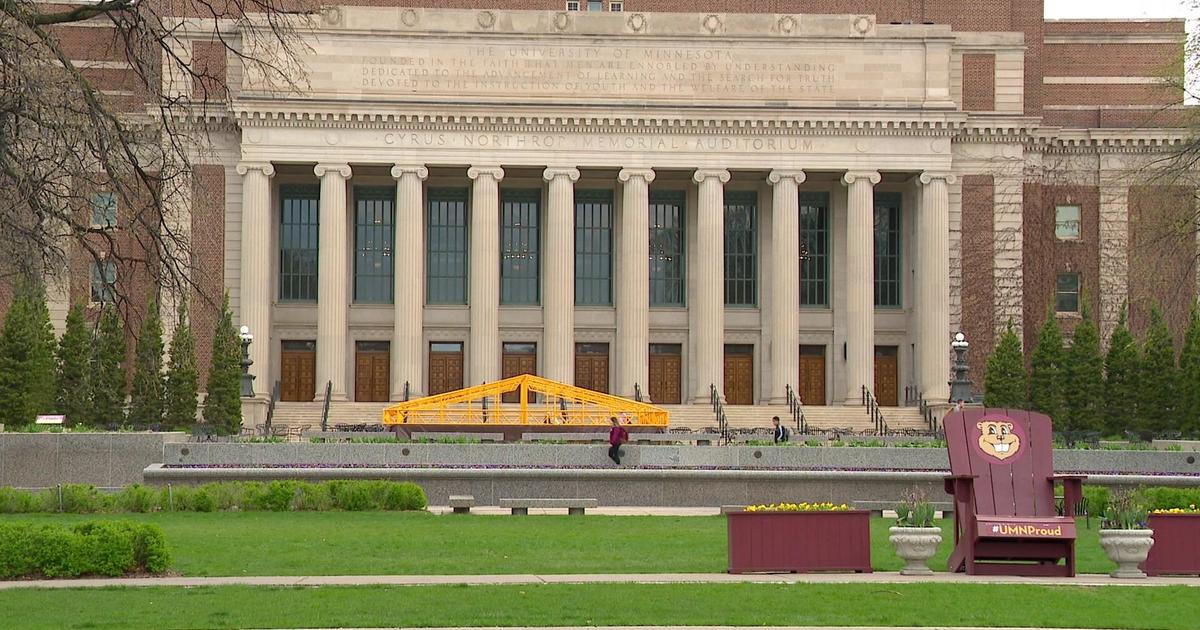UMD Researchers Develop 'Nuclear Option' To Fix Potholes
MINNEAPOLIS (WCCO) -- Researchers at the University of Minnesota-Duluth have developed a revolutionary new treatment for those pesky potholes: Just nuke them.
A decade of work has uncovered the unlikely combination of magnetite and microwave energy, a mixture that could lead to smoother roads and fewer orange barrels.
Here's how it works.
Powdered magnetite — an iron mineral found in taconite ore — is mixed into the traditional asphalt patch filling. Next, a 50-kilowatt generator on a truck produces microwaves, which move through an aluminum tube to a stainless steel box that is placed over the pothole and surrounding pavement.
When zapped with microwave energy, the mixture quickly reaches temperatures of 250-300 degrees.
NewsRadio 830 WCCO's Colin Smith Reports
UMD Researchers Develop 'Nuclear Option' To Fix Potholes
"The microwave also heats up the adjacent pavement," said Lawrence Zanko, a senior research fellow at the University of Minnesota-Duluth's Natural Resources Research Institute. "That heat makes the pavement and repair compound almost one and they bond very well."
Magnetite is an excellent absorber of microwave energy, which also helps prevent the transmission of microwave energy deeper into the ground, keeping more energy within the repair.
As an added safety bonus for workers, metal utilities like valve shutoffs and manholes reflect the microwaves so they don't heat up.
More On Potholes
Potholes
Zanko got the unique idea about 10 years ago from a colleague named David Hopstock, who had worked in the U.S. Bureau of Mines in the Twin Cities. Since 2011, he and his team have partnered with city officials in Duluth and Anoka to test the 'M&M' method.
"Most repairs are ok, but they don't last very long simply because the bond isn't very strong," Zanko said. "That's the biggest advantage of the microwave repair."
Zanko and his colleagues are also working on a new taconite-containing repair mix that sets in 10 to 15 minutes without any microwaves. He is optimistic that at least one will become standard for all seasons.
The Minnesota Department of Transportation is watching closely.
"We consider this to be semi-permanent to permanent," he said. "We think that when these (microwave) repairs are done, they're done."



